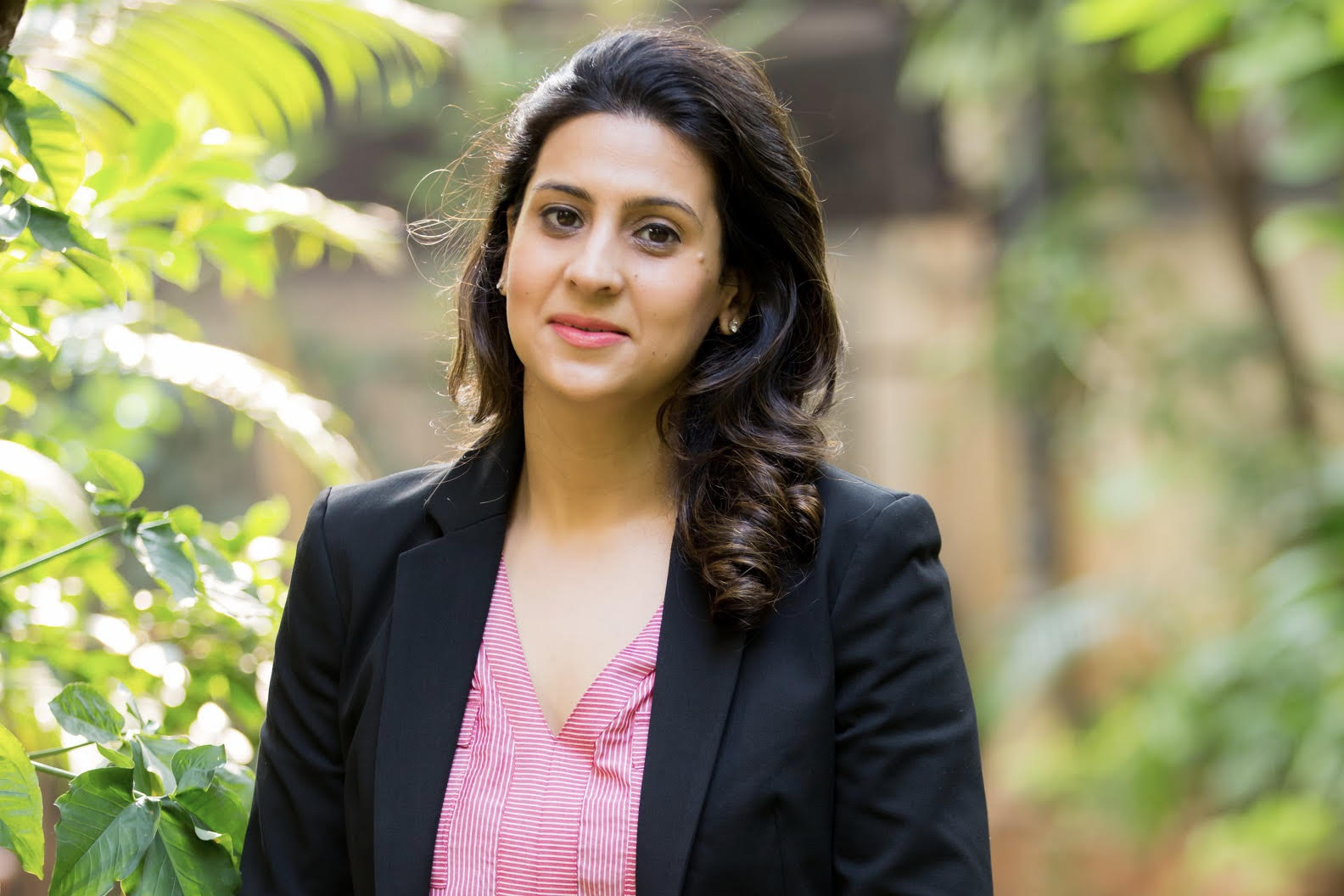In my personal journey criss-crossing continents, harvesting knowledge and skills in establishing myself as a therapist, I met a few unforgettable teachers. Some mentors went beyond the subject of psychology to teach me the basic philosophy of living a functional well-balanced life.
In the modern era of rating educational institutions and courses, I believe as a society we have transgressed some boundaries. We are judgmental and critical about where we want our children to study to the extent that there is immense pressure right from grade one. Fortunately, I grew up in times where education was an enjoyable experience, where our teachers focused on helping us understand the basic principles rather than acing tests or beating the curve.
Lawrence School, Lovedale, Ooty, maintained an adequate balance of discipline and play. Our headmaster, Mr Lahiri, a visionary, taught me that standing true to yourself in difficult times was an essential ingredient of life. Filled with laughter, engaging in new experiences such as hockey, horse riding, tasting your own freedom and independence, made me realise that life was about the decisions and choices that one makes. Teachers had the flexibility to establish a causal one-to-one communication discussing issues from peer bonding to politics. As a student my teacher’s compassion and connect helped me develop my interest in the subject. Learning took place not only in confined classrooms but also in open fields surrounded by mountains. Away from the hustle-bustle of the city life, the silence of mountains taught me that being alone was a discovery of the self.
In constant demand to prove one’s worth in society and perfectly climbing up the academic and social ladders, we have lost many students to depression and suicide.
Although we as a society have advanced in our teaching methods and techniques, with most classroom sessions now moving to an online learning environment, there is a sense of rigidity and protocols. I hear of many students changing their careers and switching their passions simply because the teacher who taught the subject was very rigid and harsh. Teachers are humans at the end of the day and maybe pressured to complete tasks and portions to maintain standardised guidelines.
Are our academic institutions equipped to teach the most important lessons of life? Do teachers in the modern world need training on emotional intelligence? Filled with competition and a rush to ace their careers in a short span, the anxiety to perform overrides the passion towards the field. In constant demand to prove one’s worth in society and perfectly climbing up the academic and social ladders, we have lost many students to depression and suicide.
Research on psychological factors that motivates students towards learning focuses on external and internal motivation techniques. Intrinsic motivation is defined by the student’s interest and pleasure achieved from the assigned task. External motivation, on the other hand, drives an individual to accomplish external rewards and appreciation for the successful completion of a task.
Intrinsic motivation, the most optimal form of motivation, enables enjoyment, persistence and psychological well-being. Are the current trends in education simply working on increasing extrinsic factors? In order to keep the spark alive, it is necessary to foster a sense of responsibility, sharing, compassion, self-esteem and creativity among students. Techniques such as providing learning material that matches the ability of the students, providing positive feedback, and using inductive learning techniques by presenting analogies, examples and stories are some of the more powerful tools.
Trained as a supervisor, I believe teaching is a giving profession, a field of sharing one’s knowledge and skills with an eager curious learner. People value the inheritance they receive. The knowledge and skills acquired in my life from my mentors are truly gifts. As one flows through life, knowledge is an opportunity to pass on the strengths and reflect on the mistakes so that they are not repeated. In this journey both parties benefit. As much as the student learns from his/her teacher so does the teacher. In this sense learning is a dual process and continues throughout life.
In a training session with Professor Windy Dryden, a leading RECBT Psychotherapist who set a benchmark in the field of psychology through his writings with 230 books and numerous trainings across the globe, I realised that one could never achieve perfection in education. The openness, humility and eagerness to not only impart his expertise but also learn the nuances of different cultures and the value systems of individuals within them shaped my vision that individuals are born to be unique.
Many established teachers during the COVID pandemic lost their jobs as they lacked computer technology and inability to acquire these skills on a short notice. This left many individuals feeling helpless, unworthy, lost and lonely. I believe in the philosophy “once a teacher always a teacher”. This is one skill that cannot be unlearned. Concepts and formulas could fade off, as one ages but the act of sharing knowledge cannot be dismissed. Nurturing the mind is a key aspect of society. Teachers have for centuries been nurturing agents, transforming and guiding society through their vision.
As a mentor today, I would like to share that at times I did question myself, I faced disappointments and have some regrets but what anchored me is my desire to learn. I am thankful to my teachers who believed in me and stood by me in my low phases, shared with me their own struggles so that I sustained a ray of hope, a hope to live and to learn.
The COVID pandemic has shown us that distance learning is possible but when I ask my kids how school was today, the answer is “we miss going to school”. It’s the warmth, the compassion and connection that are the core of being human. In an era where handling boredom and frustration seems like a common problem highlighted by students, I believe if learning is flexible and fun it can be magical. As Rabindranath Tagore stated, “The highest education is that which does not merely give us information but makes our life in harmony with all existence.”


